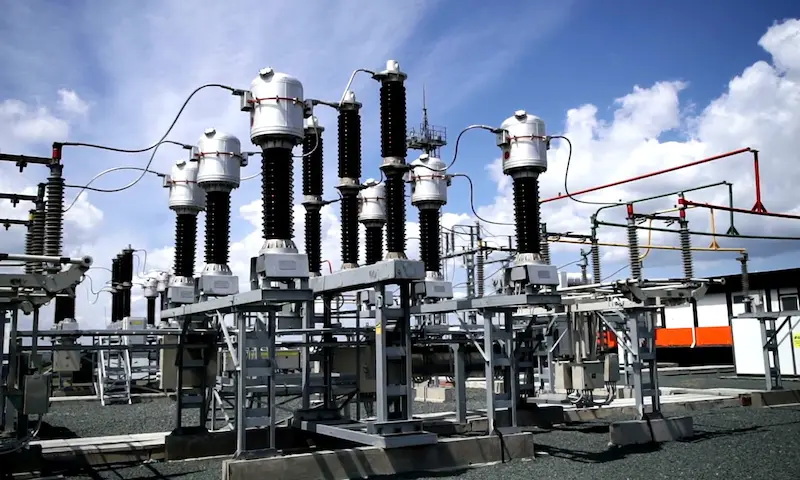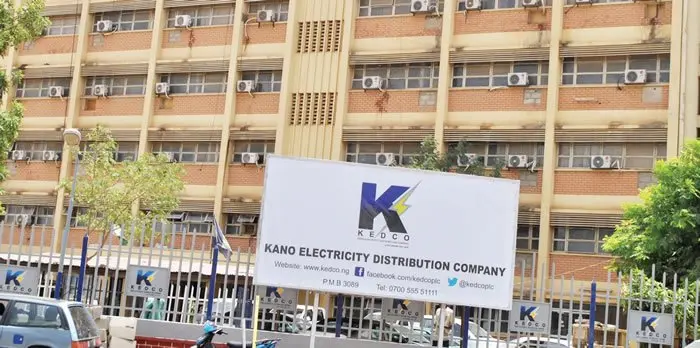In a bid to address Nigeria’s electricity challenges, Kano Electricity Distribution Company (Kano Disco) is actively pursuing a $200 million investment to upgrade its infrastructure, aiming to revolutionise electricity distribution for approximately 25 million Nigerians.
An exclusive document obtained by BusinessDay reveals Kano Electric’s collaboration with BlackAion Capital, a Mauritius-based firm, to secure funding for interconnected mini-grids and embedded generation projects in Kano, Katsina, and Jigawa States.
Okwu Njoku, Managing Partner at BlackAion, highlighted the significance of investing in Kano’s network, citing its potential impact on environmental sustainability. The ambitious plan aims to build at least 200 MW of incremental capacity through 100 mini-grids and embedded generation projects.

Adamu Gumel, Chairman of Kano Disco, outlined the strategic placement of interconnected mini-grids to augment electricity supply, particularly in key industrial clusters like Tokarawa and Sharada.
New core investors in Kano Disco are committed to making it the first “Green DISCO in Africa” by incorporating embedded solar hybrid power plants, mini-grids, Energy Storage Systems (ESS), and power purchase agreements with clean energy generators.
Habib Daura, a representative from the new core investor, Future Energies Africa, expressed ongoing discussions with institutional investors and the governments of Kano, Katsina, and Jigawa to re-capitalise and position Kano Disco as the best-performing DISCO in the country.
Amidst a lack of central direction on electricity tariffs, Kano Disco and other distribution companies are exploring more liberalised models, including willing-buyer and willing-seller approaches to drive efficiency.
Kano Disco plans to collaborate with developers and engineering, procurement, and construction (EPC) companies to accelerate the execution of 100 interconnected mini-grids. The Zawaciki power plant, a co-funded project with the World Bank and the Global Energy Alliance for People and Planet, is ready for technical commissioning.
These developments align with the new electricity law signed by President Bola Tinubu in June, which authorises states, companies, and individuals to generate, transmit, and distribute electricity. The law encourages private sector investments and provides a framework for improving access to electricity through renewable energy solutions, off-grid, and mini-grid initiatives.


